Career advice is essential for individuals at various stages of their professional journey, from students deciding on their future paths to professionals considering career changes or advancements. Effective career advice involves understanding one’s strengths, interests, and goals, and aligning them with market opportunities and demands. Below is a comprehensive approach to providing meaningful and actionable career advice.
Key Components of Effective Career Advice
- Self-Assessment and Exploration:
- Identify Strengths and Interests:
- Encourage individuals to assess their skills, strengths, and interests through self-assessment tools, personality tests, and career interest inventories.
- Explore Career Options:
- Provide information on a wide range of career options, industries, and roles that align with their interests and strengths.
- Identify Strengths and Interests:
- Education and Skill Development:
- Educational Pathways:
- Advise on suitable educational programs, degrees, certifications, and vocational training that align with their career goals.
- Skill Enhancement:
- Recommend skill development opportunities such as workshops, online courses, internships, and volunteering to build relevant competencies.
- Educational Pathways:
- Career Planning and Goal Setting:
- Short-term and Long-term Goals:
- Help individuals set realistic short-term and long-term career goals. Break these goals down into actionable steps.
- Career Pathways:
- Map out potential career pathways and milestones to guide individuals towards achieving their career objectives.
- Short-term and Long-term Goals:
- Job Search Strategies:
- Resume and Cover Letter Writing:
- Offer guidance on creating effective resumes and cover letters that highlight relevant skills and experiences.
- Job Search Techniques:
- Share strategies for job searching, including networking, using job boards, attending career fairs, and leveraging social media platforms like LinkedIn.
- Resume and Cover Letter Writing:
- Interview Preparation:
- Mock Interviews:
- Conduct mock interviews to help individuals practice and improve their interviewing skills.
- Interview Techniques:
- Provide tips on answering common interview questions, showcasing achievements, and demonstrating cultural fit.
- Mock Interviews:
- Career Advancement:
- Professional Development:
- Encourage ongoing professional development through continuous learning, attending conferences, and obtaining advanced certifications.
- Networking:
- Highlight the importance of networking and building professional relationships. Suggest joining industry associations and attending networking events.
- Professional Development:
- Work-Life Balance and Well-being:
- Balancing Priorities:
- Offer advice on maintaining a healthy work-life balance, managing stress, and prioritizing personal well-being alongside career goals.
- Support Systems:
- Recommend seeking support from mentors, career coaches, and professional counselors when needed.
- Balancing Priorities:
- Adapting to Industry Trends:
- Market Research:
- Encourage individuals to stay informed about industry trends, emerging technologies, and job market demands.
- Flexibility and Adaptability:
- Advise on the importance of being adaptable and open to new opportunities that arise due to changes in the job market.
- Market Research:
Benefits of Career Advice
- Informed Decision-Making:
- Provides individuals with the information and insights needed to make informed career decisions.
- Enhanced Employability:
- Helps individuals build the skills and experiences necessary to increase their employability and job prospects.
- Personal Fulfillment:
- Aligning career choices with personal interests and strengths leads to greater job satisfaction and fulfillment.
- Career Growth:
- Supports continuous career growth and advancement through strategic planning and professional development.
- Resilience:
- Equips individuals with the tools to navigate career challenges, transitions, and changes in the job market.
Conclusion
Providing effective career advice is about empowering individuals to understand their potential, explore their options, and make informed decisions about their professional paths. By focusing on self-assessment, skill development, strategic planning, and adaptability, career advisors can help individuals achieve their career goals and lead fulfilling professional lives. Whether starting out, advancing, or changing careers, informed and personalized career advice can make a significant difference in achieving success and satisfaction.



